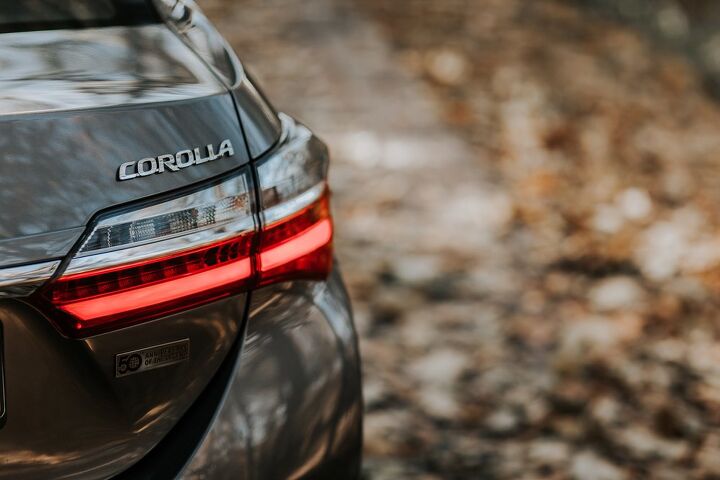These Are the Most Reliable Cars in Each Category, Says J.D. Power
Recent findings from J.D. Power show that after three years of ownership, vehicle dependability has diminished. Owners are reporting more problems compared to the previous year, with the industry average escalating to 190 problems per 100 vehicles (PP100). The disparity in problem rates between the initial 90 days and three years of ownership has surged, indicating a notable decrease in vehicle dependability over time.
Electrified Vehicles: A Mixed Bag
Owners of BEVs and PHEVs report more problems than those with gasoline and hybrid vehicles, with tire replacement being a notable issue for BEV owners.
Segment-by-Segment Breakdown
The study lists the most reliable vehicles across different categories, with Toyota Motor Corporation achieving the most segment awards. Here is an organized summary of the top-ranking models:
Compact Cars:
- Toyota Corolla
- Honda Civic
- Toyota Prius
Compact Premium Cars:
- Lexus IS
- BMW 4 Series
- BMW 3 Series
Midsize Cars:
- Toyota Camry
- Chevrolet Malibu
- Hyundai Sonata
Midsize Premium Cars:
- Lexus ES
Premium Sporty Cars:
- Porsche 718
- Chevrolet Corvette
Pickup and Van Segments:
Large Heavy Duty Pickups:
- Ford Super Duty
- GMC Sierra HD
- Chevrolet Silverado HD
Large Light Duty Pickups:
- Toyota Tundra
- GMC Sierra
- Chevrolet Silverado
Midsize Pickups:
- Toyota Tacoma
- Chevrolet Colorado
- Ford Ranger
Minivans:
- Kia Sedona
- Toyota Sienna
- Honda Odyssey
Standout Brands
Lexus is recognized as the most reliable brand overall, followed by Porsche and BMW for premium brands. In the mass market, Toyota ranks highest with Buick and Chevrolet in a close contest for reliability.
Methodology of the Study
The study reflects the experiences of over 30,000 owners of 2021 model-year vehicles after three years. It encompasses 184 problem areas across nine vehicle categories to provide a detailed analysis of long-term vehicle reliability.
This article was co-written using AI and was then heavily edited and optimized by our editorial team.
More by TTAC Staff
Latest Car Reviews
Read moreLatest Product Reviews
Read moreRecent Comments
- Carson D There is a story going around that a man who bought a new Tundra was contacted by his insurance company because his son's phone had paired with his infotainment system, and the insurance company added his son to his policy as a result. If Toyota is cooperating with insurance companies, one might think that they're doing so in order to get lower rates for their vehicles as a selling feature. Spying on your customers and ratting them out to insurance companies is not a selling feature. I know of one sale that it has already cost them.
- Chris P Bacon "Needs a valve replaced" and has a cracked windshield, which would be a problem if you live in a state with an annual safety inspection. Based on the valve alone, it's overpriced. If those issues were corrected, it might be priced about right to be a cheap ride until something bigger broke. It's probably a $500 car in current condition.
- SilverHawk Being a life-long hobby musician, I have very eclectic tastes in music. 2 of my vehicles have a single-disk cd player, so that's how I keep my sanity on the road.
- Golden2husky So the short term answer is finding a way to engage the cloaking device by disabling your car's method of transmitting data. Thinking out loud here - would a real FSM show the location of the module and antenna...could power be cut to that module? I'm assuming that OTA updates would not occur but I wonder what else might be affected...I have no expectations of government help but frankly that is exactly what is required here. This is a textbook case where the regulatory sledgehammer is the only way to be sure.
- Rna65689660 KLOVE.com, will give you all the stations on your roadtrip.

































Comments
Join the conversation